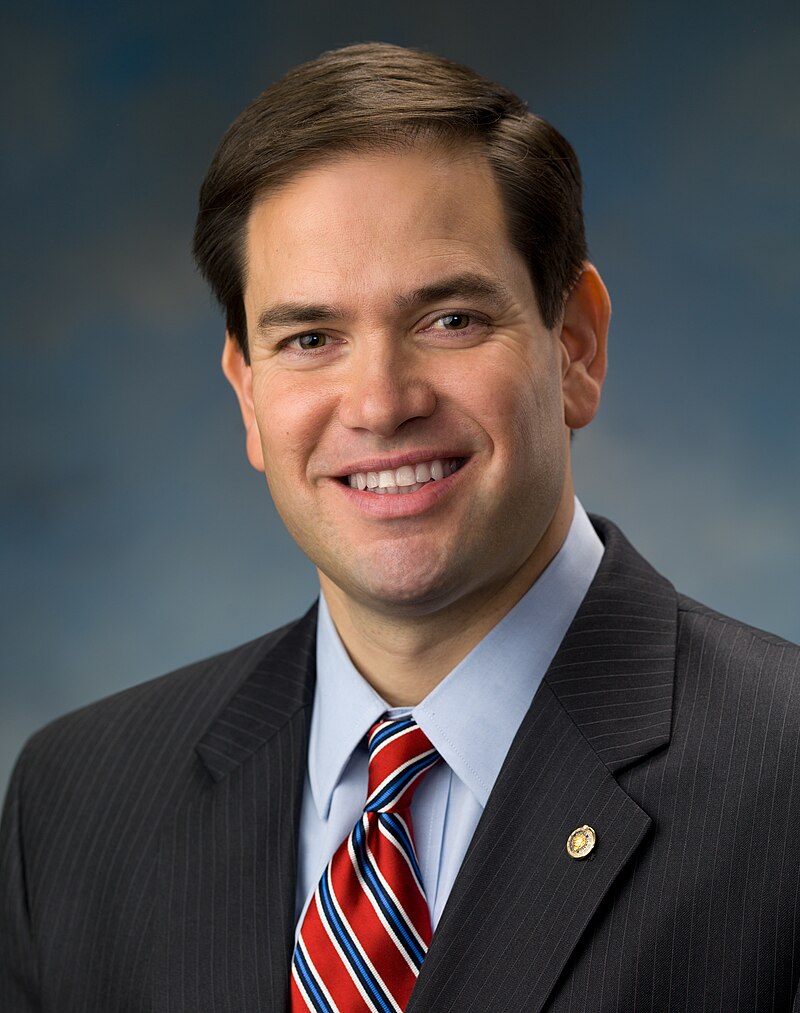Panama Moves Away from China Under U.S. Influence: A Strategic Shift in the Americas
In a significant shift in regional geopolitics, Panama’s President José Raúl Mulino declared on Sunday that his government will not renew its participation in China’s Belt and Road Initiative (BRI), a decision that reflects the growing competition between the United States and China for dominance in Latin America. This move follows a high-level discussion between President Mulino and U.S. Secretary of State Marco Rubio in Panama City.
Panama’s departure from the BRI is a major blow to China’s broader ambitions, especially considering Panama’s role as the first Latin American country to join the initiative. The shift also aligns with long-standing concerns raised by former U.S. President Donald Trump regarding Panama’s increasing ties with China, particularly the potential impact on the Panama Canal, a vital artery of global trade and U.S. national security.
Panama’s Move Away from China: A Setback for Beijing Panama’s decision to withdraw from the BRI represents a significant setback for China’s efforts to extend its economic and political influence across the Western Hemisphere. The Belt and Road Initiative, often described as China’s modern Silk Road, aims to expand China’s global footprint by funding large-scale infrastructure projects, including highways, ports, and energy systems. This growing Chinese presence in Panama has been a cause of concern for Washington, which views Chinese involvement in strategic infrastructure, especially in key maritime routes, as a potential threat to regional stability.
While China presents the BRI as a development initiative, critics argue it has more to do with establishing geopolitical influence, often burdening recipient countries with unsustainable debt. By stepping away from the BRI, Panama becomes the first Latin American country to reverse its participation, a potential trend that may prompt other nations in the region to reconsider their relationship with Beijing.
The Panama Canal and U.S. Security Concerns At the heart of this dispute is the Panama Canal, a crucial waterway for global trade that has long been tied to U.S. economic and military interests. Although the United States handed control of the canal to Panama in 1999 under a treaty negotiated by President Jimmy Carter, concerns have arisen due to Chinese businesses managing ports in close proximity to the canal.
During his meeting with President Mulino, Secretary Rubio expressed U.S. concerns that China’s increasing influence in Panama could jeopardize the security of the canal, potentially violating the Panama Canal Treaty. “This status quo is unacceptable and could compel the U.S. to take necessary steps to protect its rights under the treaty,” stated State Department spokesperson Tammy Bruce.
Trump’s Warnings on the Panama Canal Former President Donald Trump, who has consistently voiced concerns over Panama’s ties with China, has warned that the U.S. may take further actions if Panama does not address these issues. On social media, Trump emphasized the Panama Canal’s importance to the U.S., describing it as a “VITAL National Asset.” He cautioned that any attempt by China to gain control over the canal would not be tolerated. Trump also criticized Panama for imposing what he considered unfair tolls on U.S. vessels passing through the canal, arguing that the charges were disproportionately high despite the U.S. providing longstanding financial and strategic support to Panama.
Strategic and Financial Importance of the Canal The Panama Canal is one of the most critical chokepoints in international shipping, with over 14,000 vessels transiting its waters annually. The U.S. is the largest user of the canal, accounting for more than 70% of all transits, making it a vital artery for U.S. commerce and military operations.
With tolls varying significantly based on factors like vessel size and cargo weight, the rising cost of using the canal has strained U.S.-Panama relations. Any disruption to the canal’s operations, whether from geopolitical tensions or economic disputes, could pose a major threat to American interests.
Looking Ahead: U.S. Military Action? While Trump has not directly indicated that military action is imminent, his comments suggest that all options remain open if Panama fails to address U.S. concerns regarding Chinese influence in the region. Given the historical precedent of military intervention in Panama, such as the 1989 U.S. invasion to depose dictator Manuel Noriega, it is not entirely out of the realm of possibility.
However, under the Biden administration, diplomatic and economic measures are likely to be prioritized in countering China’s influence in Latin America, with military action seen as a last resort.
China’s Response and Future Repercussions China has yet to formally respond to Panama’s withdrawal from the BRI, but it is expected to explore other avenues to maintain its presence in Latin America. The loss of Panama, a crucial hub for global trade, would be a significant setback for Beijing’s ambitions in the region. If other countries follow Panama’s lead, it could signal a shift in the balance of power in Latin America, weakening China’s grip on the region.
Conclusion: A Pivotal Geopolitical Moment Panama’s decision to step away from China’s Belt and Road Initiative marks a major victory for U.S. diplomacy and could signal a broader realignment in Latin America. As the U.S. and China continue to compete for influence in the region, Panama’s shift may serve as a catalyst for other nations to reconsider their ties with Beijing, reshaping the geopolitical landscape for years to come.
